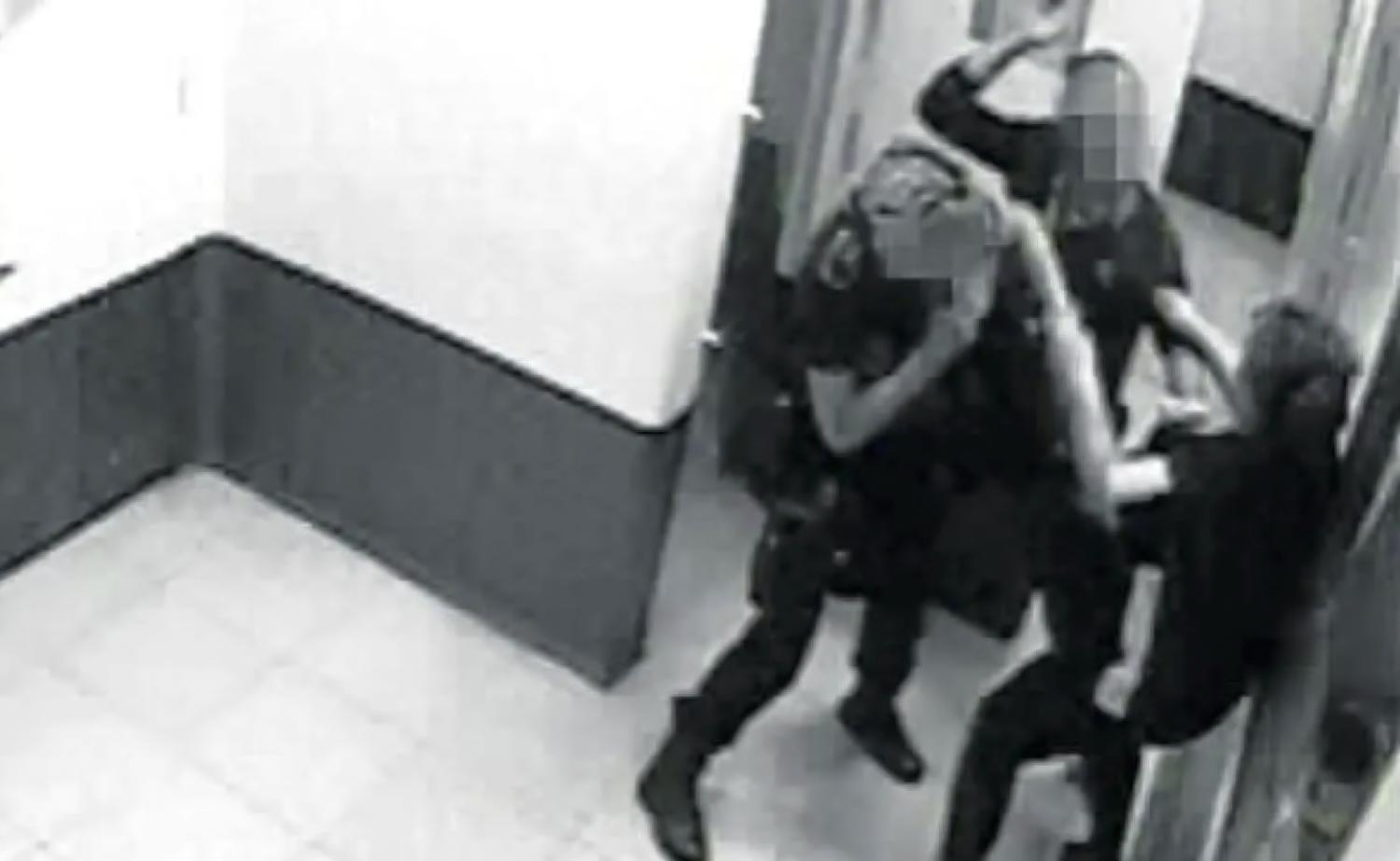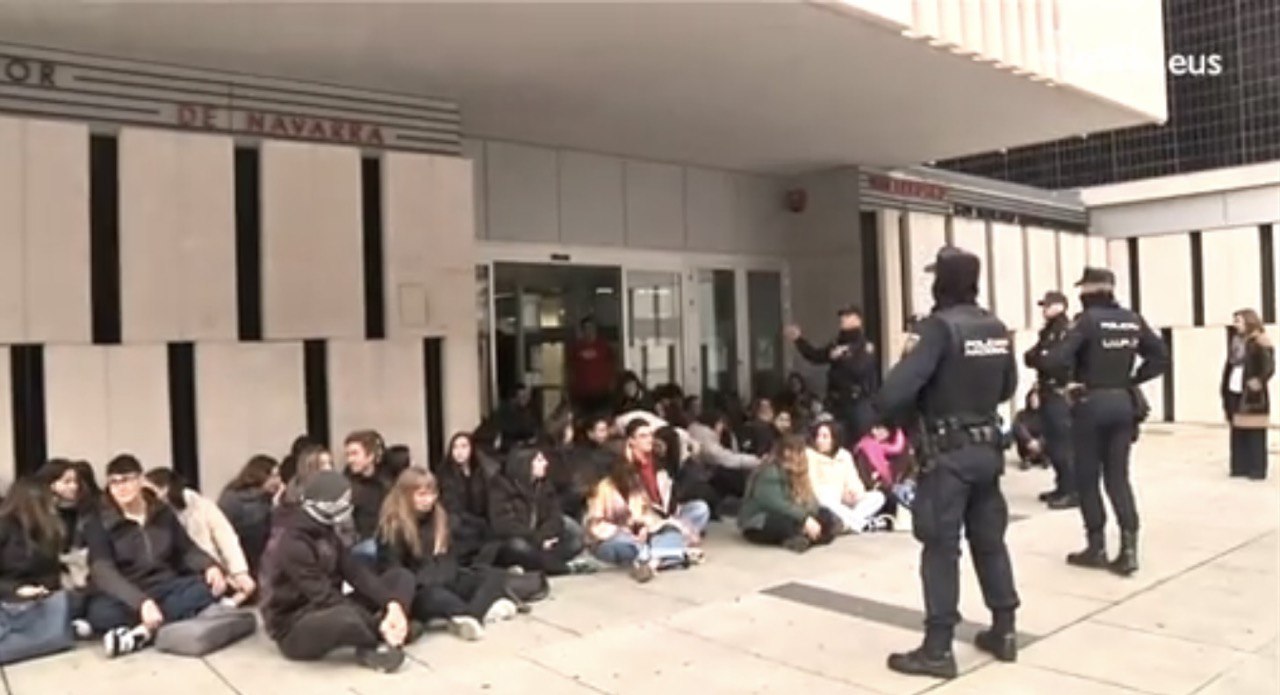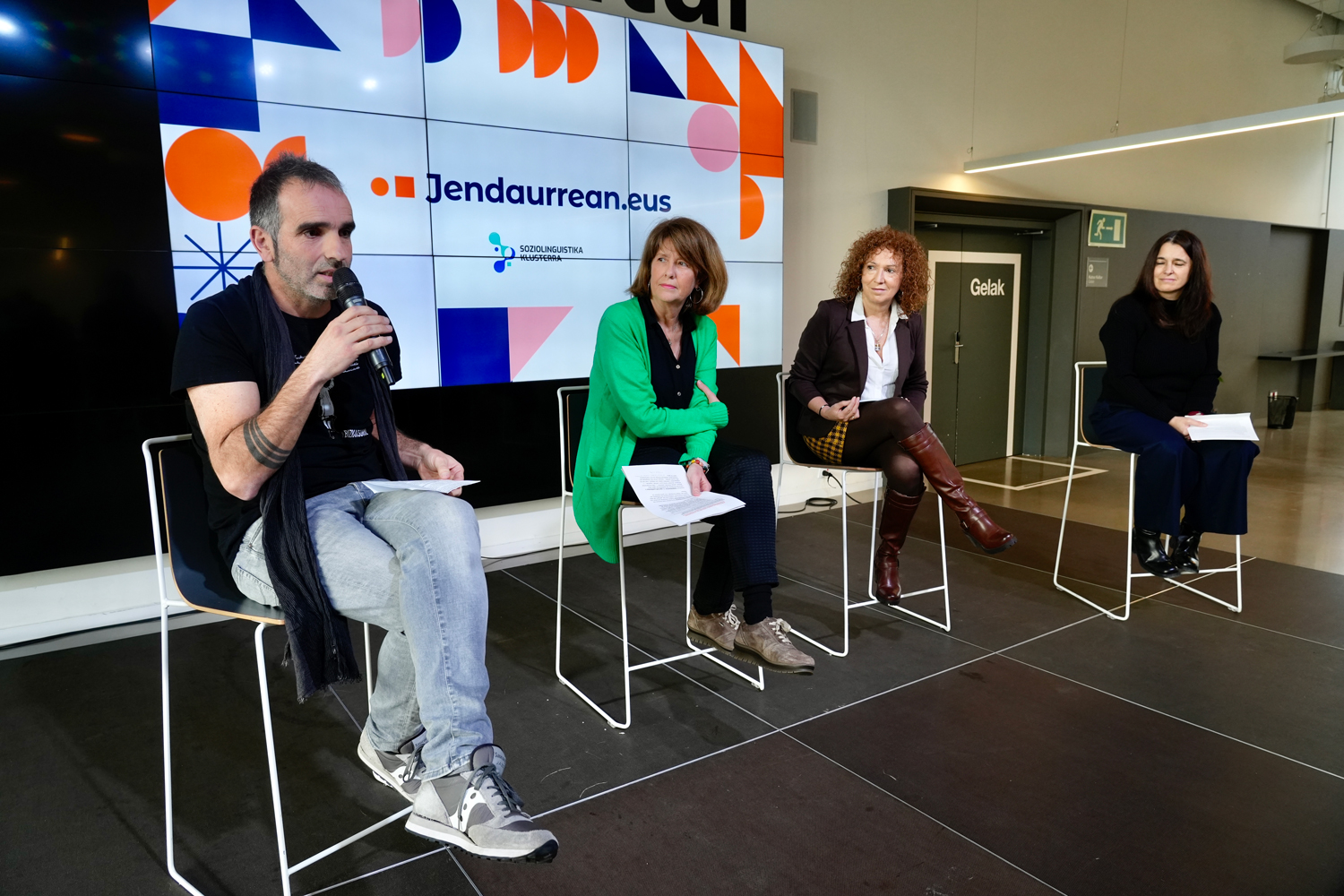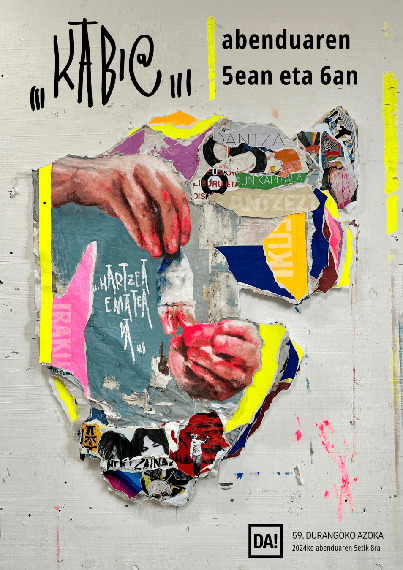Hitchcock, McGuffin and a trap to catch the viewer
- McGuffin: Don’t be confused with the word “Muffin” that modern people use today to call the muffin forever. The McGuffin is an audiovisual resource, little or nothing important in history, that serves for the characters to continue in the argument. Some say that when it comes to working the script is a very effective trick to catch the viewer. The others, the triggers that are left without information in a story. To clarify this debate, it is best to invite the director Alfred Hitchcock, who made the technique known, and who spoke the word himself.

Oholtza gaineko bertsolaritza utzi berri, Ulises euskaldunaren azalean agertu zen Xabier Amuriza Bilboko Bidebarrieta liburutegian, maiatzaren 19an. Maisua omentzeko beste emanaldi berezi hauek egingo dira ekainean: 16an Etxanon Amurizaren gaiak eta garaiak berbaldia; 17an Durangon 'Emaidazue freskura' lagunarteko kantaldia eta 19an Etxanotik Berrizera 'Amurizaren bideak eta aireak' erromesaldi artistikoa.
The numerous cinematic elements, techniques and resources used by the teacher of the suspense in his career were known. According to Hitchock, the book contains a series of interviews conducted by the English filmmaker with director François Truffaut. He also explained where McGuffin's name comes from: “The name has its origin in music-hall. Two men were on one train and one of them asked the other. What's that package that's going to stop in your head boot? The other replied: ‘Ah, that’s a McGuffin.’ The other man asked him for the second time: What is a McGuffin?’ ‘A McGuffin is a lions hunter in Scotland’. ‘But in Scotland there are no lions,’ the first man told him. ‘So what’s there isn’t a McGuffin,’ the second concluded.
What was really important was that McGuffin did not appear on the screen, so the answer was nothing more than a game of words created to circumvent the origin of the word. Transferred to seventh art, the essence of the concept was the same. If you look at his filmography, you can see clearly, for example, in Rear Window (1954): the alleged murder we never see creates a plot between the protagonists and the neighbors. Or in North by Northwest (1959), those secret documents followed by the character of James Mason. Or, of course, in the well-known Psycho (1960), at the time Norman Bates appeared, it seemed to be the main argument when money theft was ruled out.
Apparently it's an unimportant element in the movie, but everyone dances around it: McGuffina is a resource widely used in both classic cinema and current series
But apart from Hitchcock, this resource has often been used by another director who has had a great influence on film history: Quentin Tarantino. For example, with the famous suitcase listed in Pulp Fiction (1994). It's an object that appears at various moments in history. We know that it is important for the protagonists, but it is not the element that pays the viewer the most attention. We want to know what's inside, but the key thing is how the quote between Vincent Vega and Mia Wallace is going to go. So is that object erased from the script and the same thing? No. If this suitcase didn't exist, Marcellus Wallace wouldn't hire Vincent and Jules and maybe Samuel L. This murderer incarnated by Jackson would not bear a “miracle” that would cast doubt on his future. In short, the element that has gone unnoticed for us has been a turning point in history. If not, all the actions to be taken at a later date would have no justification.
However, it does not have to be an object. This engine for bringing history to fruition could also be a concept. Citizen Kane (1941). The main argument in the film is that of Charles Foster Kean (Orson Welles), a leading American businessman. It's based on William Randolph Hearst's life in the media. The film begins with a word that the entrepreneur mentioned at the time of his death: “Rosebud.” Public opinion is curious about the reason for this word and a group of journalists are engaged in investigating the details of their life to discover its meaning.
But, from a general point of view, the concept is the one that is most perceived in two genres: on the one hand, movies that have adventures as their axis. In Indiana Jones, for example, the search for a concrete relic that motivates all the events that happen later to the character. Or small screen. For example, in the Lost series. The main plot takes place on an island where surprising events occur. Most of the mysteries that happen on this island, including its origin, remain unresolved. The story and, above all, the true heart of the series, was nothing more than a McGuffin to “move.”
And on the other hand, in the movies of suspense and espionage: a microfilm, a record with very important data, a person to protect -- there's always one of those McGuffin that moves everything. That, though, can be replaced without any problem by anything else: a dangerous weapon that cannot fall into the wrong hands, a secret formula that would give the key to creating a super-army…
Even if it sounds like an insignificant detail, if you look at the audiovisual products we consume today, you will realize that this script technique is constantly present. A trap to catch the viewer? I do not think so. To reach the final message, as it is a means to facilitate communication between the consumer and the product. Since all the intermediates have to be well woven, only the idea or reason that writers use to help build history as a guide.
RR
by: Maialen Lujanbio When:
21 November.
Where: Plaza de Katakrak (Pamplona/Iruña).
----------------------------------------------
Here we are, with all the Katraka chairs packed. The Monument to the Fallen and Landab is the main theme of the Coplas show or the Rufian of... [+]
The UPV/EHU Palestine was born with the aim of breaking with all Israeli companies and institutions that are carrying out and working with genocide in Palestine. Israel’s impunity comes from its political, military, economic, scientific and academic relations in Europe and the... [+]
Everyone is accounting for what can happen in Trump 2.0 and what can happen in the world. One of the few forecasts that can be given as a little from the knowledge of the subject's frivolity is that relations with China in the United States, at least economic, will deteriorate... [+]











.jpg)







.jpeg)